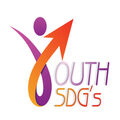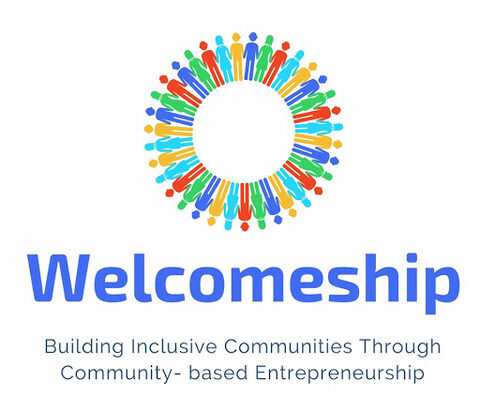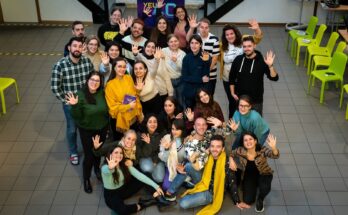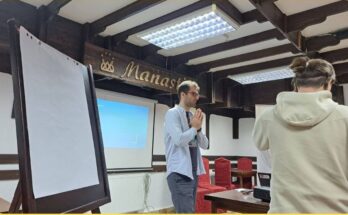Out of the Box International (OTB International) together with nine other European partners has been implementing the “Welcomeship” project since the last year. The project aims to advocate for community-based entrepreneurship as a tool for building inclusive communities.
Creation of a welcoming culture that means a positive attitude of politicians, businesses, educational institutions, sports clubs, civilians, and institutions towards foreigners, including and often especially towards migrants has been one of the project’s priorities.
Why Community-based Entrepreneurship for Inclusion?
The overall goal of the project has been to develop, implement and test the “Welcomeship” model” – a model of entrepreneurship learning for young people with fewer opportunities, including young migrants and local youth. The “Welcomeship” model is based on non-formal learning methods and collaborative practice. It strengthens the interaction of locals and newcomers, addresses the fears and prejudices, and fosters community spirit as an overarching goal. Local youth and young migrants develop entrepreneurial ideas that address community issues and build partnerships with stakeholders to bring about positive change in the local communities. This collaboration is intended to lead to openness, tolerance, and an atmosphere of togetherness in the community. Ultimately, the “Welcomeship” model aims at becoming a tool for inclusive communities.
This model aims at the empowerment and repositioning of young people through the gained skills and competencies but also strives for a structural and policy change in local communities through the advocacy work towards policymakers and the change of mentalities and attitudes as well as the way stakeholders and community members perceive young migrants and refugees (“from passive victims to active changemakers”).
While everybody has its own definition and idea what an inclusive community is and should look like, most would agree that an inclusive community is a community in which its citizens and members feel safe, respected, and comfortable in being themselves and expressing all aspects of their identities. It is certainly also linked to structures and services which are accessible to all members of society no matter what cultural background, religion, sexual orientation, or any other diverse background. An inclusive community also has open-minded citizens and organisations and institutions which embrace diversity.
More about the project including developed Guidebook for Inclusive Communities you could find on http://welcomeship.org.





